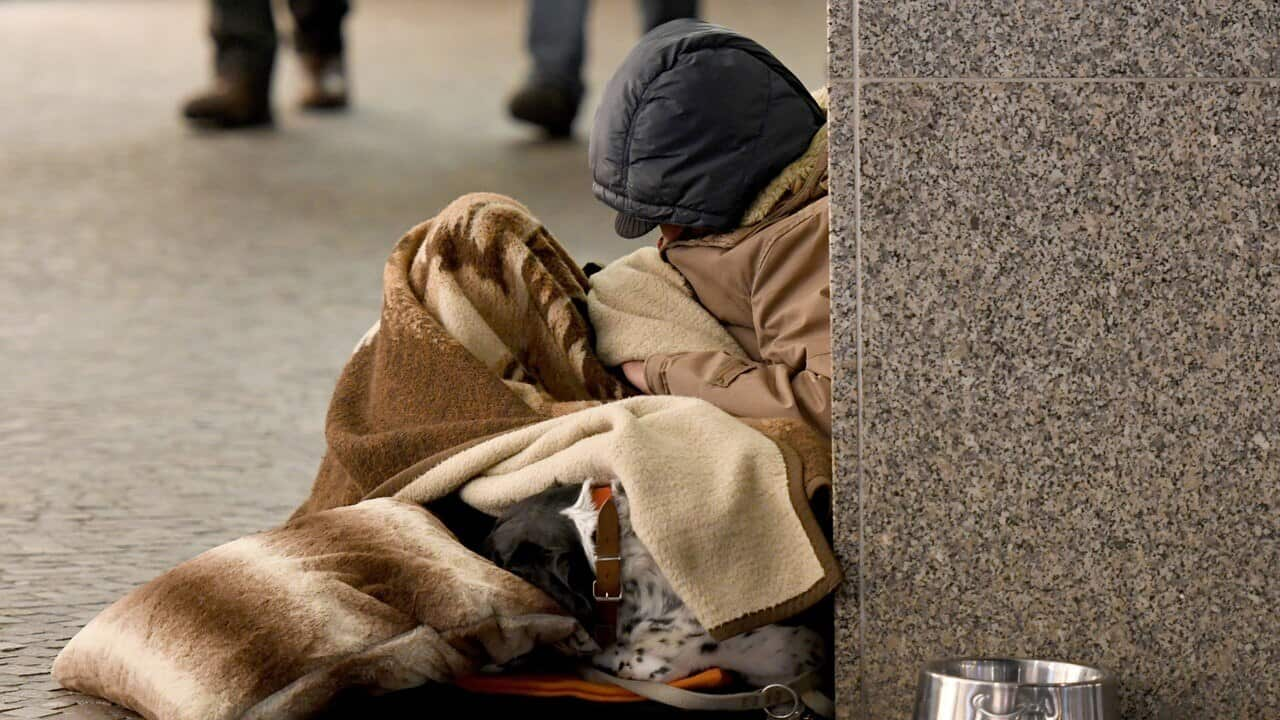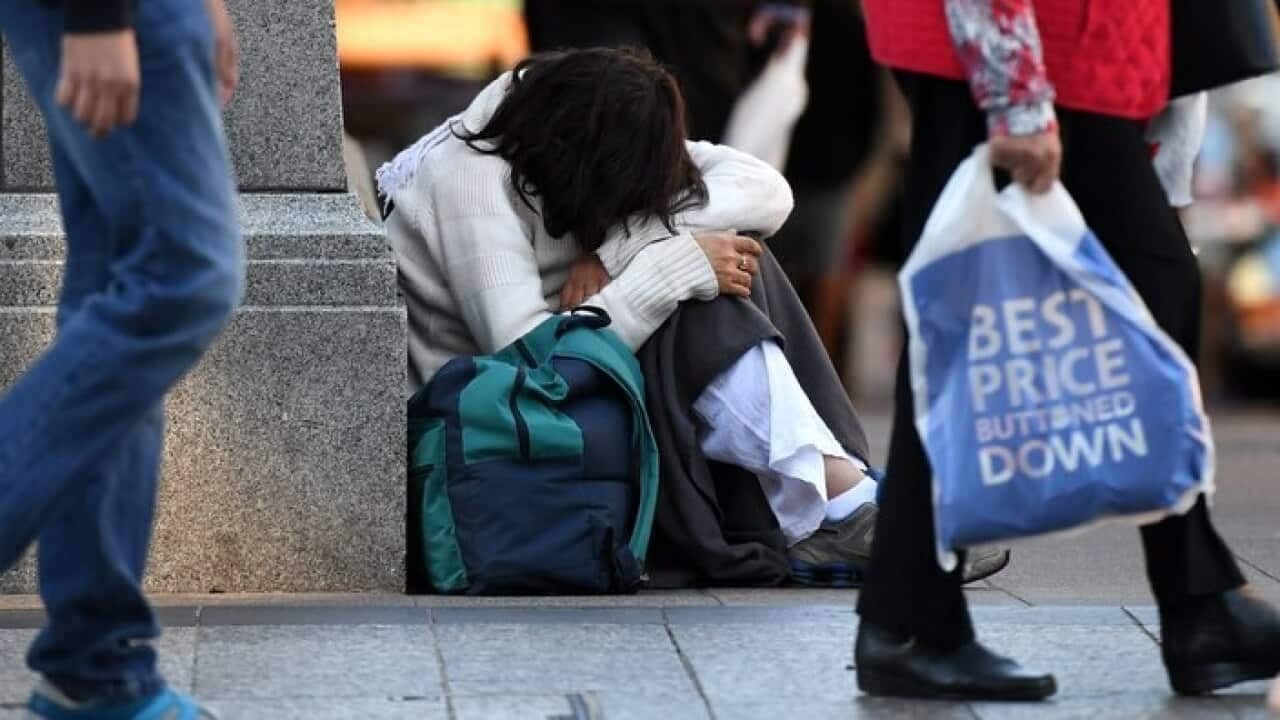The director for the National Suicide Prevention and Trauma Recovery Project has said she holds grave concerns for people experiencing homelessness in Western Australia during the COVID-19 pandemic.
Megan Krakouer told NITV News that the state government had "got it wrong" after announcing a month-long pilot program that would accommodate 20 homeless people in a Perth hotel.
"There’s 200 people that are homeless just in the Perth area alone," said Ms Krakouer.
"Is the Government serious about containing this pandemic or not? To me it doesn’t suggest that they are because if they did they would ensure that the homeless - all of the homeless - were being accommodated."
Ms Krakouer also questioned the ability of the pilot project to provide the measures of adequate accomodation for parents or grandparents that have children in their care.
"They’re being left to suffer in their own devices. This is really catastrophic. Who does this government think they are, choosing who lives and who dies?" Perth has not been not alone in trying to its homeless population off the street during the Coronavirus pandemic.
Perth has not been not alone in trying to its homeless population off the street during the Coronavirus pandemic.

A homeless man sleeping in the street Source: AAP
The NT Government has reportedly relocated many homeless and substance dependent people in Alice Springs to remote communities, which community health experts say has contributed to overcrowding in households, and other social and health issues that could potentially contribute to a devastating outbreak.
While in Adelaide, groups of Indigenous people experiencing homelessness have been moved to hotels in a bid to protect them from contracting and transmitting the virus.
Ms Krakouer said without the appropriate support systems in place around those people being relocated, the initiatives will fail.
"There was a woman who was placed in a hotel room (in Perth) and this lady has been homeless for 6 years," she said.
"This woman has a number of medical concerns. She’s at an elevated risk of contraction in terms of this COVID. She’s vulnerable. She was placed in the accommodation where she was one of 20 without support, without access to doctors.
"When you’re dealing with vulnerable people you need to make sure they have access to support, not be locked in a room 24/7, not being able to have access to a doctor, not having access to support people.
"All of a sudden going into a hotel, she left, she left that program. She could not put up with it anymore. It was not culturally appropriate and she couldn't take it anymore."
'Suicides will increase'
Ms Krakouer said she's also concerned about overcrowding, both in remote communities and in cities, as people take in their relatives who may be experiencing homelessness.
"Some houses that we’re supporting - 15, 20 people in a household - that’s going to put pressure on the particular people that live in those homes," she said.
"Once this pandemic is over, to a point, and people are able to go about their business, we’re expecting that people will be homeless, they don’t have houses to go to.
"This is really problematic and our people, the most marginalised and vulnerable are being left behind."
Ms Krakouer said as people take family in and are kept in lockdown together, this can have dire impacts on mental health and the safety of the family.
"I believe that it’s going to be grave, I believe there will be serious consequences," she said.
"What we’re seeing is overcrowding, what we’re seeing is so many people in a household because of this.
"We’re just waiting for a combustion, a combustion because of all the different arch of issues, which are all in the one location, all living at one house.
"Police will be involved in issues of domestic violence. Suicides will no doubt increase."
Ms Krakouer said people in remote communities also haven't been supported well enough to deal with a potential outbreak.
"We’re looking at 282 communities in Western Australia," she said.
"There’s been situations where body bags have gone out to some of these communities. Where’s the support?
"Where’s the practical support, where’s the hope if somebody should come into contact with a person, with the virus, or if someone should contract COVID-19 themselves?
"In some of these communities, they’re all within relative distance of each other. You need to take into account the families, the uncles, the aunties, the first cousins, a number of different mums and dads.
"There needs to be more support, otherwise it’s going to have grave impacts and serious implications for our families. People have referred to this as a genocide."
Readers seeking support and information about suicide prevention can contact: Lifeline on 13 11 14, the Suicide Call Back Service on 1300 659 467 or find an . There are resources for young people at .



